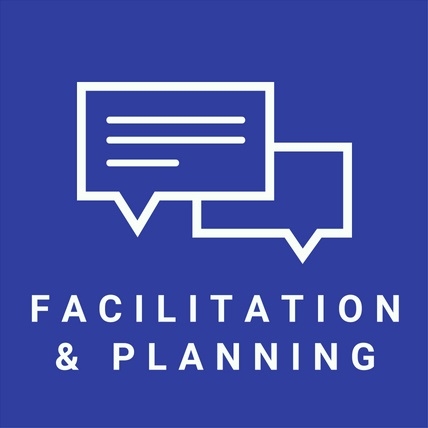Projects
CCBR typically has 15-20 ongoing projects and has completed over 450 projects since 1982. Each project is guided by our commitment to impacting social change in practical and powerful ways. We conduct research with people not on people, cultivating respect with communities at every step of the process.
Projects can be searched for using words from the project title or using the service area, theme, or date range for the project. You can also type 'Service Area' or 'Theme' into the search bar to get a list of options in each of these fields.
Projects
CCBR provided two evaluation reports on the effectiveness of the High on Life Challenge, a prevention program designed to help youth find healthy alternatives to drugs and alcohol.
CCBR conducted a small formative evaluation of recovery-focused crisis planning in the area of mental health and addictions in Waterloo-Wellington-Dufferin. The study was intended to better understand crisis planning practices in the region, with a specific focus on a crisis planning tool called the Recovery Support Plan (RSP). The evaluation was funded by Trellis Mental Health and Development Services.
The purpose of the project was to develop and deliver 14 leadership development events across Ontario. This project involved civic participation of cultural minorities and institutional change by eliminating systemic barriers in the mental health system. This project was funded by Citizenship Immigration Canada.
CCBR developed and delivered a half-day logic model building workshop and constructed core evaluation questions regarding service resolution mechanisms in Wellington-Waterloo-Dufferin. This project was funded by Trellis Mental Health and Developmental Services.
With guidance from the Peel Human Service Justice Coordinating Committee, research was undertaken to examine policies and practices of mental health and other community organizations in the area of risk assessment and management. This research was funded by Canadian Mental Health Association (CMHA) Peel Region.
CCBR created and administered an online survey of consumers, family members, and service providers regarding mental health and addictions services and system planning. The study was funded by the Core Action Group of the Waterloo-Wellington Mental Health and Addictions Network.
CCBR developed of a logic model for the Family Education Program in London-Middlesex. This project was funded by Canadian Mental Health Association (CMHA).
An online survey was constructed, and an analysis done of a cultural community survey for organizations connected to Piedmont Behavioural Healthcare in North Carolina. This study was funded by WLT Consulting.
An online survey was constructed, and analysis of organizational change was undertaken regarding recovery practices in six mental health agencies in Pittsburgh, PA and three mental health agencies in Philadelphia, PA. This study was funded by WLT Consulting.
Piedmont Behavioural Health implemented year one of a Cultural Competence initiative. WLT Consulting conducted an evaluation and requested help with analyzing qualitative data from an employee survey. CCBR analyzed the data and provided a brief report on common themes regarding the impact of the initiative on employees’ understanding and practice of cultural competence in their work.
CCBR conducted evaluability assessments and provided evaluation framework support for mental health justice diversion programs in Waterloo and Peel Regions. This included system mapping, logic model building, and recommendations for future evaluation. These studies were funded by the Canadian Mental Health Association (CMHA)s of Grand River and Peel.
CCBR conducted an evaluation of recovery-focused case-management services in Waterloo-Wellington-Dufferin for the Guelph Community Mental Health Clinic. Findings demonstrated the impact of recovery-focused personal planning on a range of outcomes including empowerment, mental health recovery, and interdependence. This evaluation was funded by Trellis Mental Health and Developmental Services.












